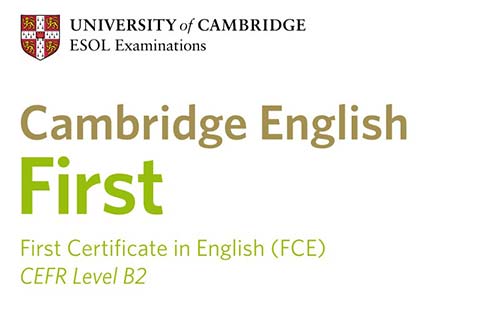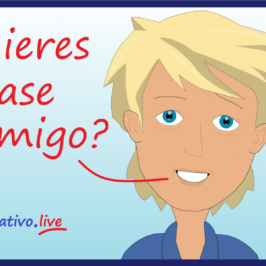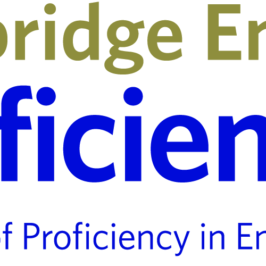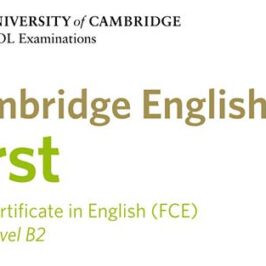FCE Listening: Part 4
Practica tus habilidades de comprensión auditiva con esta prueba First Certificate de Cambridge English, nivel B2, con respuestas y transcripción.
You will hear an interview with someone who has started a news service called “Children’s Express”. For questions 24-30 choose the best answer; A, B or C. You will hear the recording twice.
My advice:
- Before the listening starts, quickly note or underline the important words and differences between the answers (“Think in an ADULT way” is not the same as consider “IMPORTANT matters”; “HELP the reporters IN the interviews” is different to “TALK to the reporters ABOUT the interviews”).
- The first time you listen, if you are not able to choose the correct answer, at least try to eliminate one option.
These are the questions. Write your answers in the box below.
1.The purpose of Chldren’s Express is to encourage children to:
A) Think in a more adult way.
B) Consider important matters.
C) Train as journalists.
2.Bob says that the children who work on Children’s Express:
A) Are carefully chosen.
B) Learn from each other.
C) Get on well together.
3. What success has Children’s Express had?
A) TV programmes have been made about it.
B) Adults read some of the articles it produces.
C) It has affected the opinions of some adults.
4. What did the survey in the Indianapolis Star show about the page they write?
A) It is read by a lot of adults.
B) It is the most popular page in the newspaper.
C) It interests adults more than children.
5. Important public figures agree to be interviewed by the children because:
A) Children’s Express has a good reputation.
B) They like the questions childrens ask.
C) They want children to like them.
6. When an article is being prepared, the editors:
A) Help the reporters in the interviews.
B) Change what the reporters have written.
C) Talk to the reporters about the interview.
7. What is unique about their type of journalism?
A) Nothing in their articles is invented.
B) Everything that is recorded appears in the articles.
C) It is particulary suitable for children.
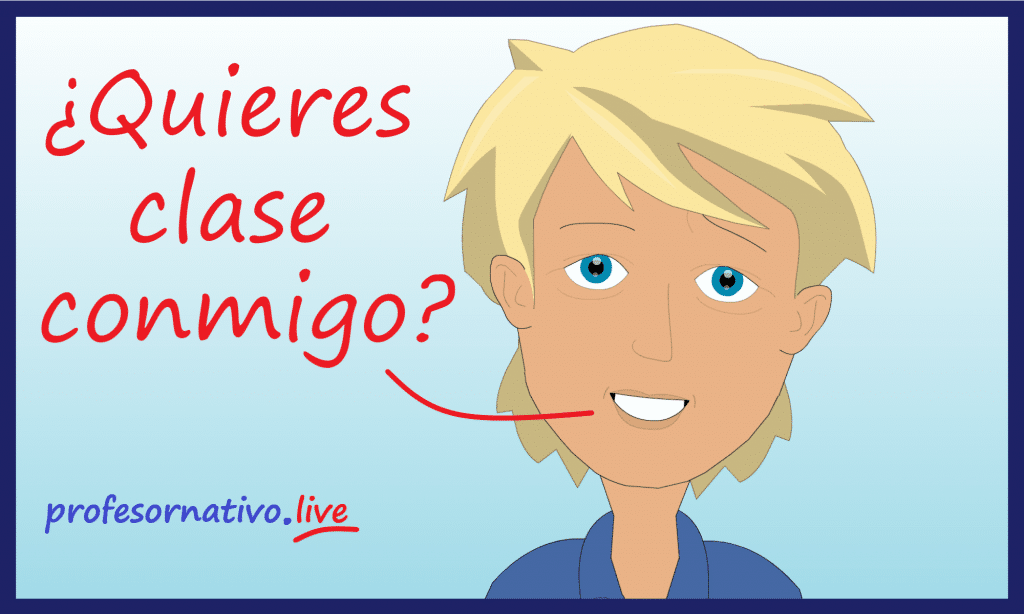
Cambridge FCE Listening (B2): Part 4, con respuestas
Pincha para ver las respuestas
B) Consider important matters.
B) Learn from each other.
B) Adults read some of the articles it produces.
A) It is read by a lot of adults.
A) Children’s Express has a good reputation.
C) Talk to the reporters about the interview.
A) Nothing in their articles is invented.
Welcome back. I’m talking to Bob Wilson who started Children’s Express, which is an organization that supplies reports and articles to newspapers, magazines and TV, and radio stations in the US. And as we heard before the break, children’s Express is entirely staffed by Children. They do the interviews, they put together the reports. Bob is it intended that the Children should become journalists?
Well, although many of them do, it’s really about Children beginning to look at the world in a different way, beginning to think about the serious issues in the world. Today, we want them to be responsible citizens when they grow up. And in the meantime, they have some powerful messages to deliver to the adult world. And of course, if kids get responsibility for covering the world, it’s amazing how interested they become. You know, they begin to read newspapers and news magazines, they think about issues. So it’s a really stimulating exercise for them.
Now, tell me about your youngsters, how old are they? And where do they come from?
They range from 8 to 18, they’re broken down into reporters and editors, the reporters are 13 and under and they’re guided by editors who are 14 to 18 years old. All the training is done by the teenage editors. There’s no adult involvement at all. The training is passed down from generation to generation. The kids come from the widest possible backgrounds. There are kids from poor economic backgrounds and we’ll get some middle class kids as well. So, it’s a real mix and, um, where have their stories appeared? Well, we’ve done and we’ve done radio on the most important radio shows in public radio in the US. And, uh, we’ve gone into major newspapers and been published in feature sections of newspapers which are read by adults. So we’re very proud of the adult readership. They’re the ones after all that have the vote and the influence.
That’s quite an achievement, isn’t it to have reached a situation where in fact, you’re taken very seriously by serious newspapers.
We have a major newspaper that we report for every week. We do a full page for the Indianapolis star every week. They did a readership survey and they found that 48% of their readers read us either all the time or some of the time and they didn’t even measure the child readership, which is very broad. So we were quite excited by that, that we were read as I understand it even more than their editorial page. And do you find that people will cooper, I mean, do they, for example, interview political leaders, do they get access to significant public figures. Our kids have interviewed all recent US presidents and many other leaders. So I’d say that the Children are taken seriously and they have a background, you know, we’ve been in business for 19 years now so that they’ve been at it for a long time. And I think we’re quite well respected in the US media business.
Do the Children take notes or are the interviews recorded as they’re being done?
Everything is recorded on tape and do the youngsters rewrite and edit their own stuff under guidance. Our kind of journalism for newspapers and magazines. Just so you get some idea of why it’s so readable by adults. We call it oral journalism. Everything that the Children do is tape recorded. The young reporters do the interviews and these are recorded, the teenage editors take notes during the interviews, then the teenage editors question the reporters about the interviews and this questioning is recorded too. All of that recorded material is then typed out and the young editors then piece the articles together from that. So they don’t rewrite. Everything is edited from those recordings. Everything in the articles is either the words of the person being interviewed or the words of the child who interviews them. So it’s a rather unique form of journalism.
You’re proud of what you’ve done. You’re proud of your Children, aren’t you?
very proud!
Well, we wish you luck.
It’s been a great pleasure.
Thank you. All right. A short break and then it’s sport.


